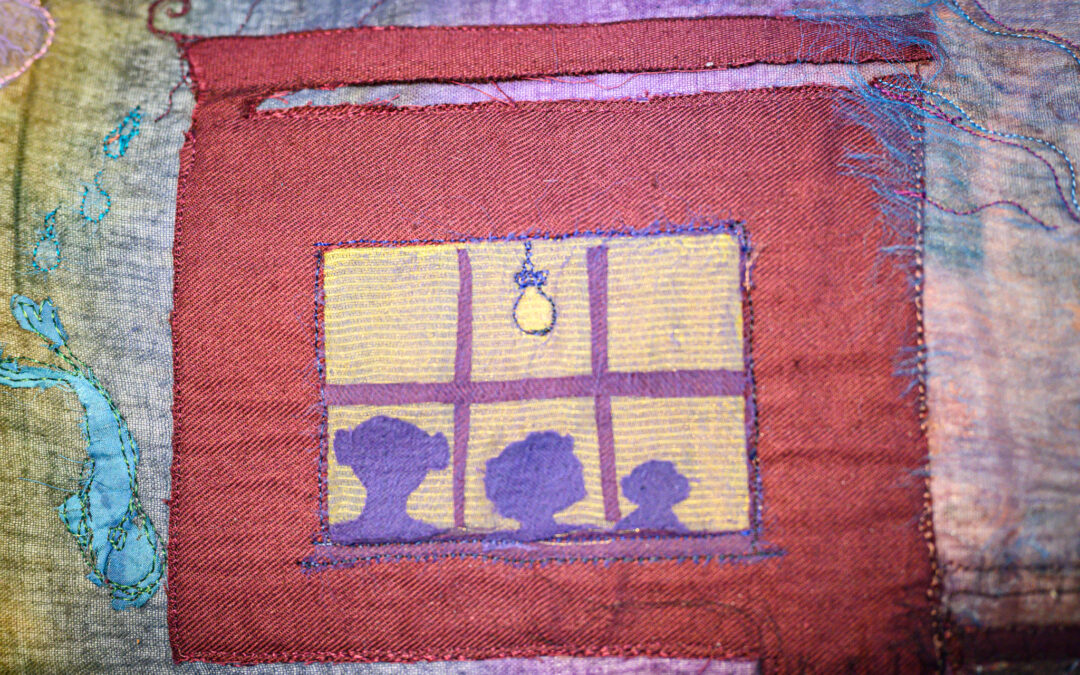I always knew my parents loved me, my mother, in particular. That is the most vital ingredient for the healthy growth of a child: to know that your parents, or at least someone, loves you no matter what.
My mother felt compelled to offer herself as a GP in place of a man who had been called up. My father and she argued for a while, as he wanted us to be sent to Canada for safety in case Britain went down. Maybe his schooling in Germany and experiences in the First World War gave him a greater fear of the might of the German war machine. I’m glad my mother prevailed, though any of these places might as well have been the moon to a toddler.
For years I felt I had to avoid the subject or comfort her when it came up, but we were able to talk a little when I grew up about how much it hurt her, with her greater understanding than most of her generation of the effects of early separation because of her psychoanalytic training, as well as her maternal instinct.
My mother eventually told me it also brought up much of her own early experiences as the daughter of missionary parents, and it seemed to her a dreadful thing to be repeating it with me and my brother. Neither she nor I could explore it together very much, even then. It was so painful. It took me many years and much therapy later on, as an adult, to recover from this but I now understand and empathise with her dilemma. I also repeated it in a very diluted form by being a working mother. In the profession we call that ‘repetition compulsion’, to make it feel better.
I can’t really imagine what it must have been like to be living through not just one but a second World War, as both she and my father had to do. I am sure she was a good GP but she hated it, having already been specialising in Psychiatry. She had to take great responsibility and had difficulty getting advice and support. She must have worried constantly about the safety of her husband and children, her own competence and the fate of the country, particularly in the early years of the war. It’s different looking back now, knowing the outcome.
She never knew what she would find when she was called out and drove miles with only a torch strapped to the front of the car instead of proper lights because of blackout regulations. She told me, with a laugh, that once she was called out at night to a ‘pit accident’ and drove miles across the wild Welsh hills with this ramshackle lighting, imagining a major disaster. She found the mine, with just one man who had gashed his arm, needing a stitch.
On a more genuinely funny occasion, she was driving in a Valleys village and a small child dashed out almost under her wheels. She stopped and rushed to pick him up, sure that she hadn’t hit him, but as she picked him up he crackled. “My God!” she thought, “I’ve broken every bone in his body!” The child was untouched and bawling loudly. He crackled because he had been sewn into several layers of newspaper under his combies to keep him warm for the winter.
A satisfying epilogue to her work in Aberdare came to my brother John and I after my mother’s funeral, in a letter from the daughter of the GP she had replaced. Unfortunately we didn’t keep it and I don’t remember the name. Apparently my mother’s last task in the practice had been to deliver the baby of the GP and his wife. This young woman wrote to say she had herself just qualified in medicine.
I also took pleasure in 1997 in speaking at my own retirement party about my mother’s work. I read a letter about “Dr Kapp, appointed by Swansea council during the war to work some sessions with children with mental health needs”. I guess this probably made her the first Child Psychiatrist to work in Wales. I read out the references for her, which were good, before telling the audience who this different ‘Dr Kapp’ was.
It was from such a childhood that I was able to fully engage – later – with the experiences of exploration and loss that marked my education at primary level, and then Boarding School, before finally going on to study medicine.

